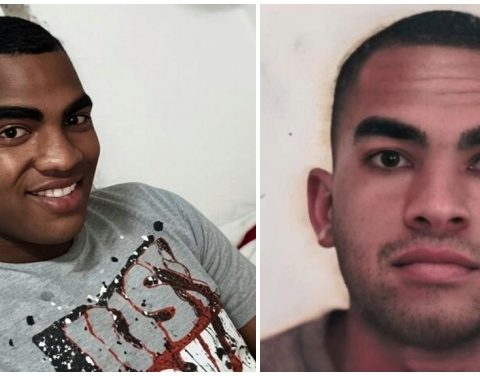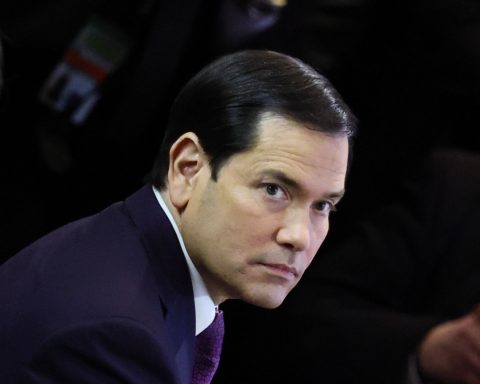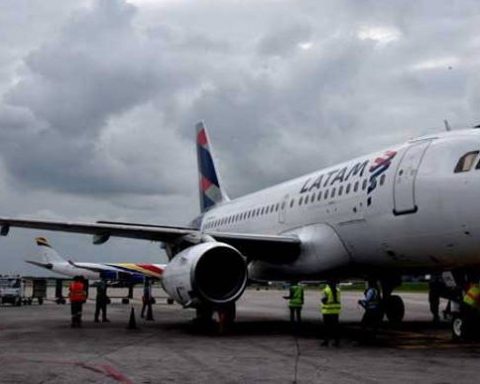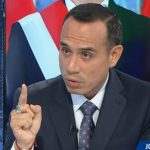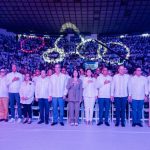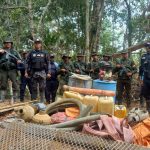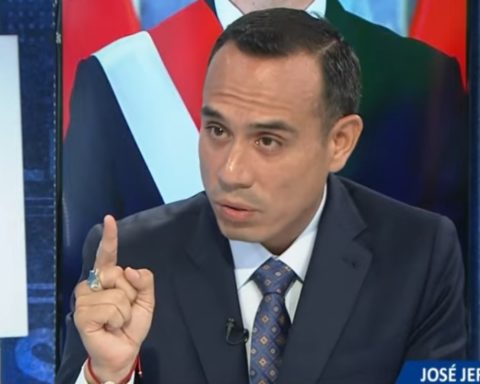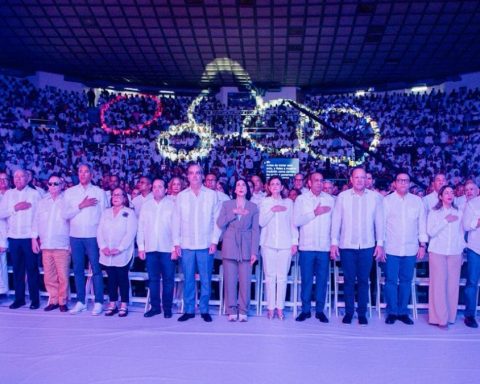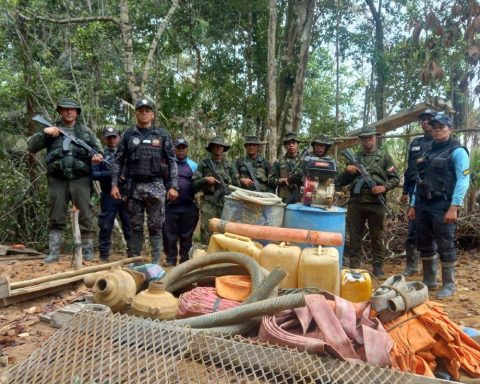In this way, the popular consultation of the legal document advances in most of the municipalities, which reflects inclusion and equality, non-discrimination and family diversity, Deivy Aquino, from the Agramonte neighborhood in the city, told Prensa Latina. of Yayabo.
In the analyzes the content of justice, identity, insertion of the advanced project of family relations and rights and duties is supported by the voters.
Alexis Lorente, member of the Council of State and president of the People’s Power Assembly of the town of Sancti Spiritus, highlighted in a meeting that once again we are in the presence of socialist democracy.
This right of Cubans, he added, is demonstrated by the fact that we can contribute, participate and issue criteria regarding the Family Code.
The meetings began in the Popular Councils of the municipalities of Yaguajay, Cabaiguán and Trinidad, where the participation of the voters was highlighted, as well as the debate on the main changes of the document for the good of the community.
At each meeting point, jurists and students of the Law degree, clarified the concerns or doubts of those present related to said project. The Constitution of the Republic, proclaimed on April 10, 2019, established that the new Family Code would be the result of a broad popular consultation given the high importance that the State gives to the family institution.
The current Code has been in force since 1975, and although it constituted a milestone in the promotion of ethical and moral values, and broke with traditional, class and patriarchal canons, it is no longer consistent with the diversity and socio-family dynamics of these times.
acl/rga



